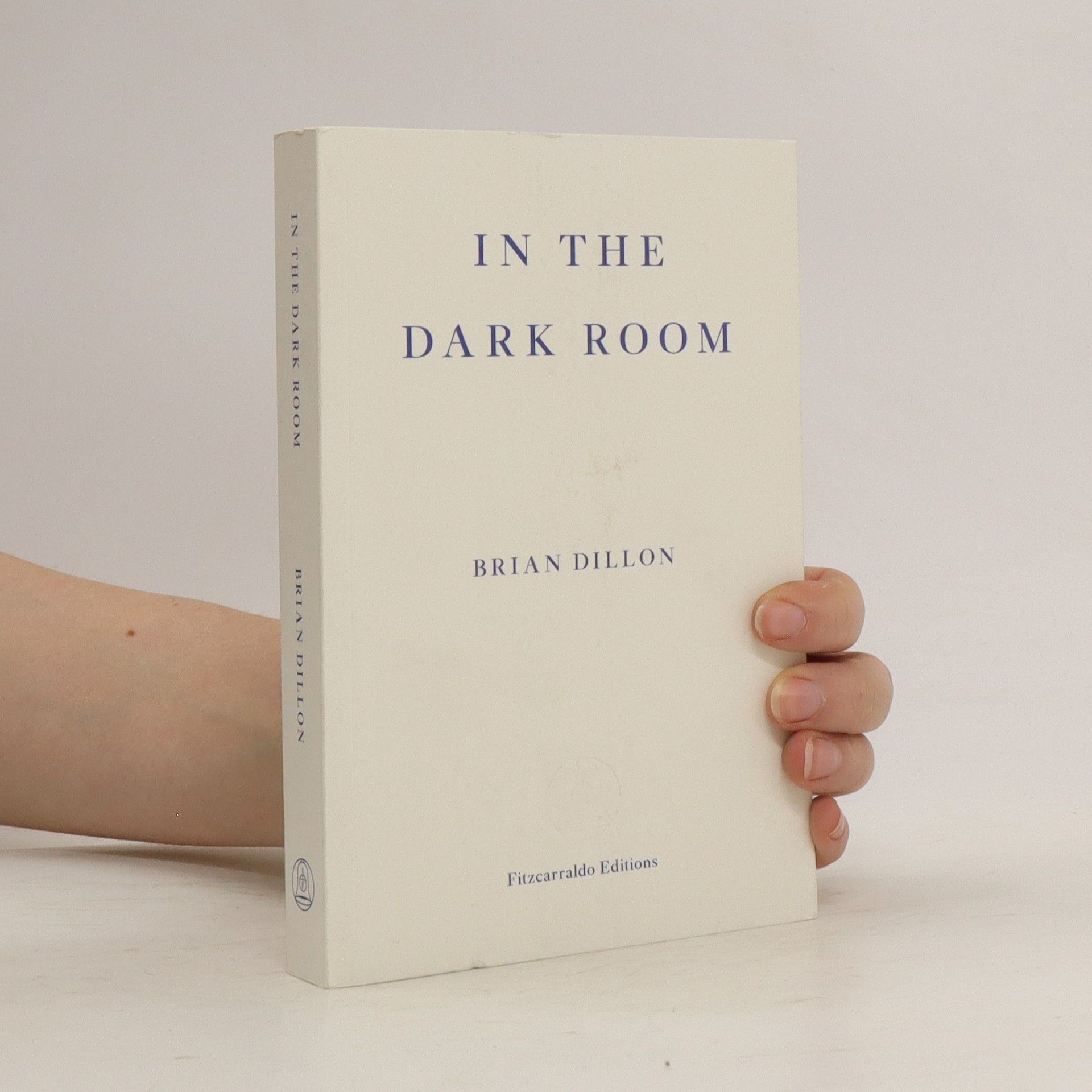Burning Man
- 352pages
- 13 heures de lecture
"D H Lawrence is no longer censored, but he is still on trial and we are still unsure what the verdict should be, or even how to describe him. History has remembered him, and not always flatteringly, as a nostalgic modernist, a sexually liberator, a misogynist, a critic of genius, and a sceptic who told us not to look in his novels for 'the old stable ego', yet pioneered the genre we now celebrate as auto-fiction. But where is the real Lawrence in all of this, and how one hundred years after the publication of Women in Love can we hear his voice above the noise? Delving into the memoirs of those who both loved and hated him most, Burning Man follows Lawrence from the peninsular underworld of Cornwall in 1915 to post-war Italy to the mountains of New Mexico, and traces the author's footsteps through the pages of his lesser known work. Wilson's triptych of biographical tales present a complex, courageous and often comic fugitive, careering around a world in the grip of apocalypse, in search of utopia; and, in bringing the true Lawrence into sharp focus, shows how he speaks to us now more than ever"--Publisher's description.


